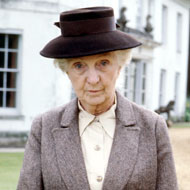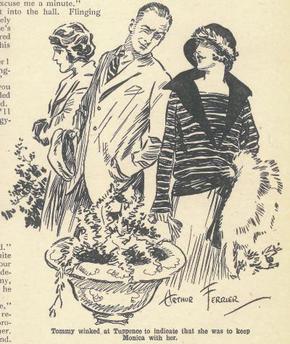Three of three!
I’m cruising through these edits. Short stories go so much faster than novels! Even the Olympics haven’t been enough to slow me down – though granted, much of what they’re showing right now doesn’t interest me greatly. If it weren’t the Olympics, I would never voluntarily watch any sort of volleyball, beach or court. Water polo isn’t high on my list of favorite sports to watch, either.
I do, however, find myself on the edge of my seat for every. single. rowing. event. Seriously, I start out watching casually, and the next thing I know, I’m holding my breath, clutching my hands together, making little inarticulate squeaks every time positions change at all. Not much editing happening during those (also, it’s ridiculous how happy I am to hear Terry Gannon commentate on all the rowing events. I grew up listening to Terry Gannon, Dick Button, and Peggy Fleming commentate on all ABC’s figure skating events, and every time I hear any one of them now it just brings back my happy teen years).
Carl and I enjoy watching the gymnastics together, and oohing and gasping over it all. We are in full agreement that having either one of our littles take up competitive gymnastics would put us in early graves. Any other sport, I think, would be fine, but gymnastics makes me sweat.
Anyway. Back to the editing. The nice thing, I’m finding, about editing so many short stories in a row is that it is much easier to see my repeated problem motifs and correct them than it is in a novel. I’m not exactly sure why that is, but that’s how it works for me. I am starting to see and correct some of those problems myself now, even before the CPs have pointed it out, and that’s definitely a good thing.
Two more stories to be critiqued and edited, and then I send the whole shebang off to my copyeditor. I hate to sound like a broken record in all my posts here – but I’m excited.
I’m taking today off – spending the day with some college friends, including one who now lives down south and only makes it back to the area once a year. Eleven kids under the age of six and five adults – yikes!
Tomorrow will be getting those last two stories in good enough shape for CPs to look at them. Things are most definitely progressing!







